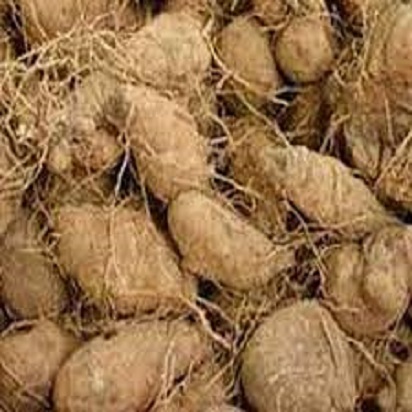Farmers in Greater Masaka have been asked to diversify their farming practices with the growing of bush crops in addition to the traditional food crop varieties as a solution to the devastating long dry season which threatens food security and the survival of many communities in the country.
Many farmers of both seasonal and perennial crops are apparently bemoaning the grave effects of a prolonged dry season that has gravely affected their plantations, hence resulting in very low yields.
But Disan Muwanga, a Food and Agricultural Researcher and Chairperson of Matooke Growers Association in Greater Masaka Region advises that a situation like this demands that farmers revive the growing of traditional food crops that are known for supporting communities through times of famine resulting from long droughts.
He indicates that it is high time farmers resumed growing ‘forgotten’ crops and vegetables such as the creeping wild yams, lima beans, pumpkins, bush pulses (edible seeds) and amaranth vegetables that have the potential to survive droughts hence their ability to support communities through times of food scarcity.
Muwanga says that if the communities learn to supplement their contemporary food crops with the traditional bush species, the country will be saved from the problem of food insecurity that is already looming, following the general crop failure as a result of an unprecedented drought that hit many gardens.
Muwanga is afraid that the majority of farmers will not afford to buy the required farm inputs for the next planting season because they have not been in a position to get any sales from the seasonal harvests after the crops were burnt by the scorching sunshine.
He has appealed to the government to hurriedly make special arrangements of supporting farmers with inputs that include seeds, plantlets, and fertilizers, to save the communities from a more acute food crisis likely to the country in the near future.
Mark Tamale, a farmer in Kingo Sub county in Lwengo district laments that his 3 acres of maize plantation dried up and has hardly made any harvests from it, which is threatening the survival of his family.
He indicates that he may even fail to clear the garden for the next season because he has no money to cater for labor charges.
Tamale says that the region is likely to face the worst in the decade if the government does not come up with timely interventions to support the farmers.
The country is already facing a serious food challenge with the prolonged drought coinciding with a high cost of living, which has resulted in some people starving to death in Northern Uganda.
-URN





